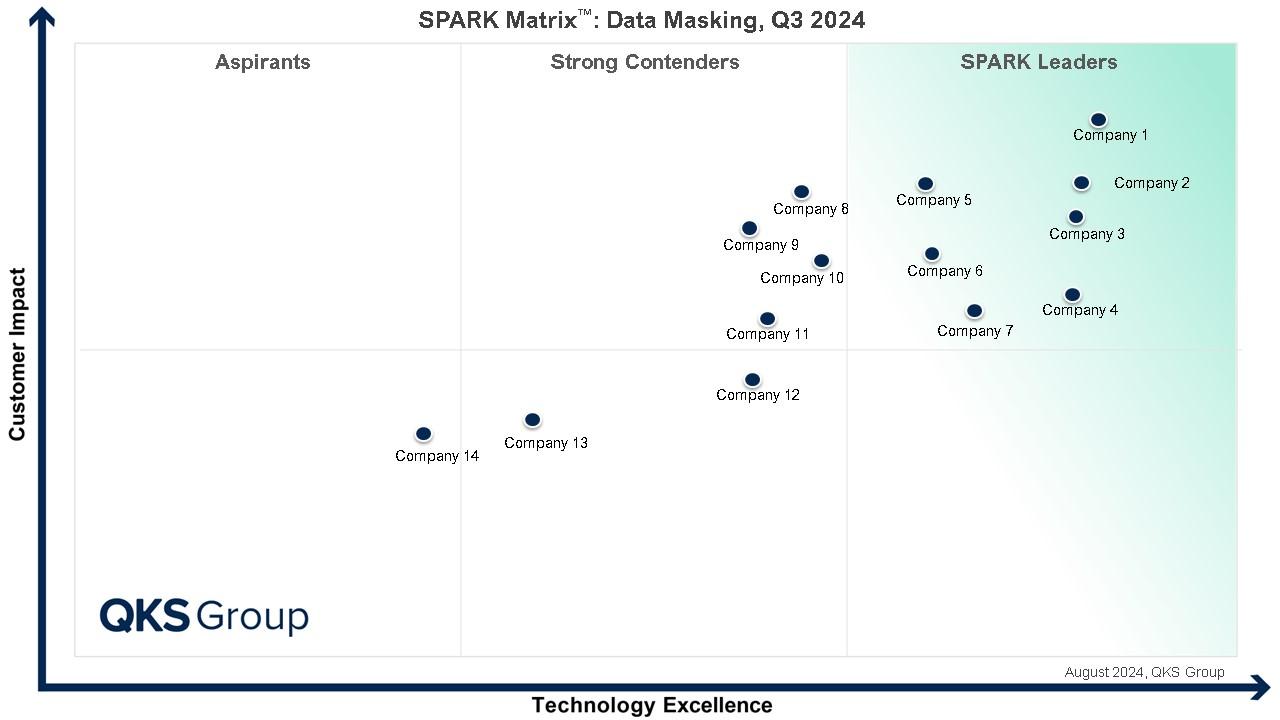In the era of digital transformation, organizations are collecting and managing vast amounts of sensitive information—ranging from customer data to financial transactions and healthcare records. With this data explosion comes increased responsibility to protect it from breaches and misuse. As a result, data masking has become a critical component of modern data security strategies. The Data Masking Market is experiencing remarkable growth as enterprises across industries adopt masking technologies to ensure data privacy, regulatory compliance, and secure testing environments.
Understanding Data Masking
Data masking, sometimes referred to as data obfuscation, is the process of concealing sensitive data by replacing it with fictitious but realistic data. This allows organizations to use datasets for testing, training, analytics, and software development without exposing actual confidential information. Unlike encryption or anonymization, data masking maintains the format and usability of the data, making it ideal for non-production environments where realistic data is essential.
Data masking helps protect personally identifiable information (PII), payment card information (PCI), and protected health information (PHI) from unauthorized access while enabling innovation and operational efficiency.
Key Trends Shaping the Data Masking Market
Growing Adoption of Cloud-Based Data Masking
With enterprises migrating workloads to cloud platforms, cloud-based data masking solutions are gaining traction. These tools offer scalability, flexibility, and centralized control across hybrid and multi-cloud environments. Vendors are now integrating masking tools with cloud services like AWS, Azure, and Google Cloud to ensure seamless data protection across infrastructures.
Integration of AI and Automation
Artificial Intelligence (AI) and Machine Learning (ML) are transforming the data masking landscape. AI-driven data discovery enables organizations to automatically identify and classify sensitive information, while automated masking helps maintain real-time compliance and consistency across multiple systems. Automation also reduces manual errors and enhances operational efficiency.
Dynamic Data Masking (DDM) on the Rise
Unlike traditional static data masking (SDM), which protects data in storage, dynamic data masking safeguards data in real time as it is accessed. This approach is increasingly popular among organizations that require flexible access control without duplicating datasets. DDM ensures that only authorized users can view or interact with sensitive data during live operations.
Data Masking in DevOps and Continuous Testing
As DevOps and Agile development methodologies become mainstream, masked data is being integrated into continuous testing pipelines. This ensures that developers and testers can work with production-like data without compromising security. The trend aligns with the growing need for secure and compliant software development life cycles (SDLC).
Focus on Data Privacy and Regulatory Compliance
The enforcement of global data protection laws—such as GDPR (Europe), CCPA (California), and HIPAA (US healthcare)—has increased demand for data masking solutions. Organizations are using masking to achieve data minimization, privacy by design, and compliance readiness without disrupting business processes.
Growth Drivers of the Data Masking Market
The Data Masking Market is expected to continue its upward trajectory, driven by several key factors:
Rising Data Breach Incidents:
As cyberattacks become more sophisticated, data masking provides a crucial layer of defense by ensuring that even if data is compromised, it remains unusable.
Increasing Volume of Sensitive Data:
With businesses collecting more personal and transactional data than ever, the need to protect information during analytics, testing, and sharing is paramount.
Rapid Digital Transformation:
The acceleration of digital initiatives, cloud migrations, and data modernization projects has amplified the need for robust data protection mechanisms.
Regulatory Pressure:
Non-compliance with data protection laws can result in hefty fines and reputational damage. Data masking offers an efficient path to compliance across jurisdictions.
Expansion of Remote Work and Data Access:
The shift toward remote work and distributed data environments has expanded the potential attack surface, making data masking indispensable for secure access management.
Market Outlook and Future Opportunities
The future of the Data Masking Market looks promising, with sustained growth projected across industries such as banking, healthcare, retail, telecom, and government. The market is expected to witness increasing investments in cloud-native and AI-powered masking platforms that offer scalability, automation, and intelligent policy management.
Emerging opportunities include:
Integration with Data Governance Frameworks:
Data masking will play a key role in holistic data governance strategies, supporting data lineage, classification, and lifecycle management.
Expansion in Small and Medium Enterprises (SMEs):
As SMEs adopt cloud-based applications, affordable and easy-to-deploy masking solutions are gaining popularity.
Enhanced Data Discovery and Classification Tools:
Future data masking systems will incorporate context-aware and risk-based masking, offering more precise protection for diverse data types.
Partnerships and Mergers in the Market:
Leading vendors are collaborating to deliver end-to-end data protection ecosystems. For instance, integrations between data masking tools and identity management or threat detection platforms are becoming more common.
Conclusion
As organizations navigate a complex data security landscape, data masking has emerged as a fundamental component of enterprise data protection strategies. By ensuring that sensitive information remains secure yet usable, data masking bridges the gap between innovation and compliance. With continuous advancements in AI, automation, and cloud technologies, the Data Masking Market is poised for sustained growth and strategic evolution in the years ahead.



